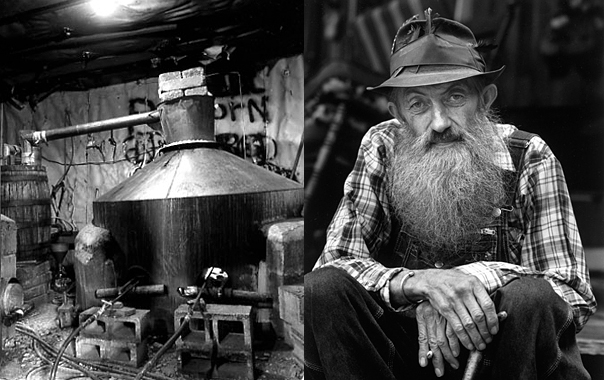CAPO ON 1ST FRET
[F] John Hardy, was a [C] desperate little man,
[F] He carried two guns [C] every day.
[F] He shot a man on the [C] West Virginia line,
[C] You oughta seen John Hardy gettin’ away,
[C] You oughta seen John Hardy [G7] gettin’ [C] away.
John Hardy, he got to the Keystone Bridge,
He thought he would be free.
Up steps a man and takes him by his arm
Saying, “Johnny, walk along with me,â€
Saying, “Johnny, walk along with me.â€
John Hardy was a brave little man,
He carried two guns ev’ry day.
Killed him a man in the West Virginia land,
Oughta seen poor Johnny gettin’ away, Lord, Lord,
Oughta seen poor Johnny gettin’ away.
John Hardy was standin’ at the barroom door,
He didn’t have a hand in the game,
Up stepped his woman and threw down fifty cents,
Says, “Deal my man in the game, Lord, Lord….”
John Hardy lost that fifty cents,
It was all he had in the game,
He drew the forty-four that he carried by his side
Blowed out that poor Negro’s brains, Lord, Lord….
John Hardy had ten miles to go,
And half of that he run,
He run till he come to the broad river bank,
He fell to his breast and he swum, Lord, Lord….
He swum till he came to his mother’s house,
“My boy, what have you done?”
“I’ve killed a man in the West Virginia Land,
And I know that I have to be hung, Lord, Lord….”
He asked his mother for a fifty-cent piece,
“My son, I have no change.”
“Then hand me down my old forty-four
And I’ll blow out my agurvatin’ [sic] brains, Lord, Lord….”
John Hardy was lyin’ on the broad river bank,
As drunk as a man could be;
Up stepped the police and took him by the hand,
Sayin’ “Johnny, come and go with me, Lord, Lord….”
John Hardy had a pretty little girl,
The dress she wore was blue.
She come a-skippin’ through the old jail hall
Sayin’, “Poppy, I’ll be true to you, Lord, Lord….”
John Hardy had another little girl,
The dress that she wore was red,
She came a-skippin’ through the old jail hall
Sayin’ “Poppy, I’d rather be dead, Lord, Lord….”
They took John Hardy to the hangin’ ground,
They hung him there to die.
The very last words that poor boy said,
“My forty gun never told a lie, Lord, Lord….”










